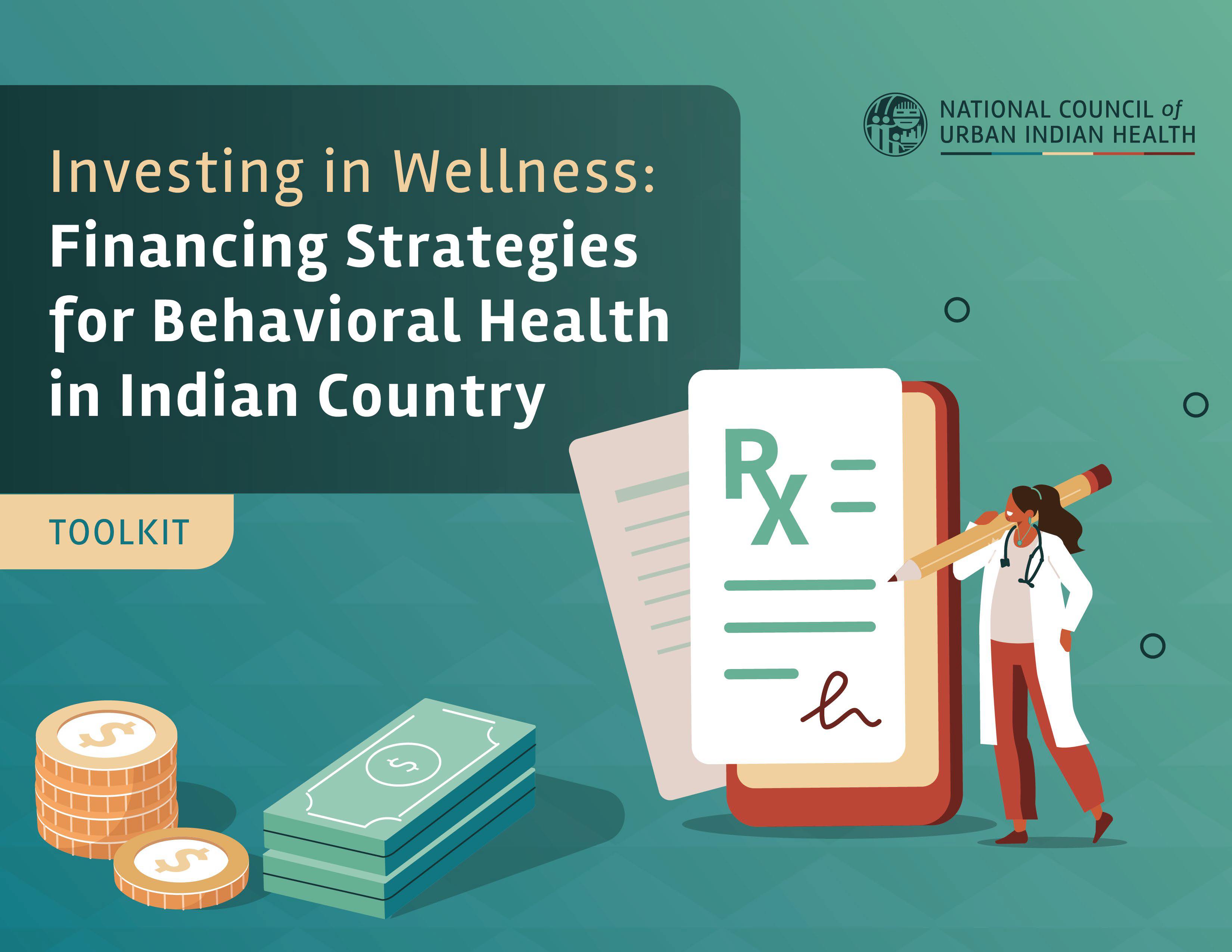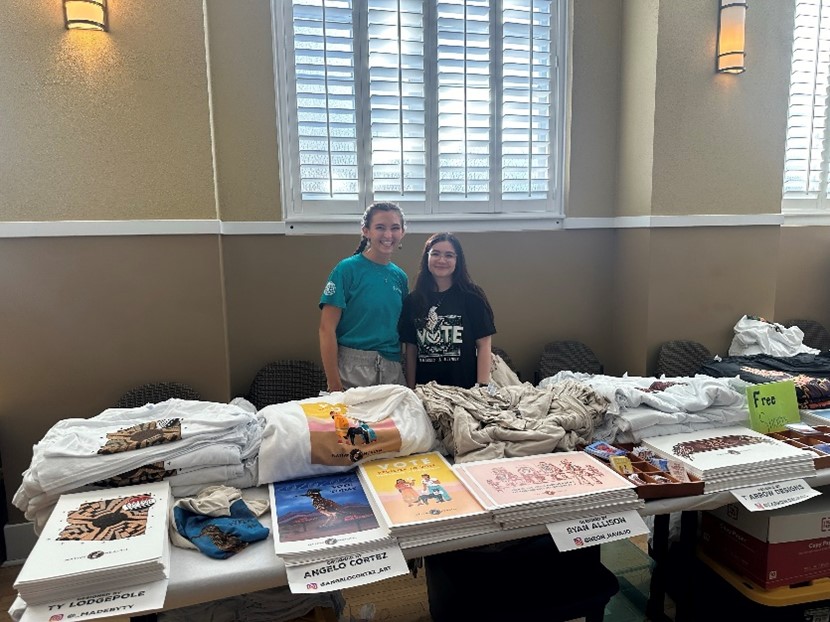October Policy Updates: Budget Consultations, Historic Apology, Traditional Healing Coverage, and More
🔍 FY 2027 Area Budget Consultations: NCUIH held a prep session to help UIOs get ready for the upcoming IHS FY 2027 Area Budget Consultations.
📜 Appropriations & Legislative Updates: Updates on Congress’s work toward FY 2025 appropriations and actions to support mandatory funding for key IHS costs.
🧡 President Biden Apologizes for Indian Boarding Schools: President Biden issued a formal apology for the federal government’s role in the Indian Boarding School era.
🍎 Traditional Foods & USDA Dietary Guidelines: NCUIH recommends incorporating research on Traditional Foods in USDA’s 2025-2030 Dietary Guidelines.
📆 Federal Comment Deadlines: Key upcoming federal deadlines for public comment on health policies affecting Native communities.
🌱 Medicaid Coverage for Traditional Healing: CMS approved Medicaid coverage for traditional healing services in select states, a first for at Indian healthcare facilities.
💼 NCUIH in Action & Recent Events: NCUIH leadership has been active at recent events, advocating for health equity and policy support for urban Native communities.
📅 Upcoming Events & Dates: Upcoming conventions, consultations, and meetings for urban Indian and Tribal health initiatives.
🤝 NIHB MMPC Membership & Medical-Legal Partnerships: Membership is open for NIHB’s MMPC, and UIOs are encouraged to explore Medical-Legal Partnerships.
Area Budget Formulation – Your Engagement Matters!
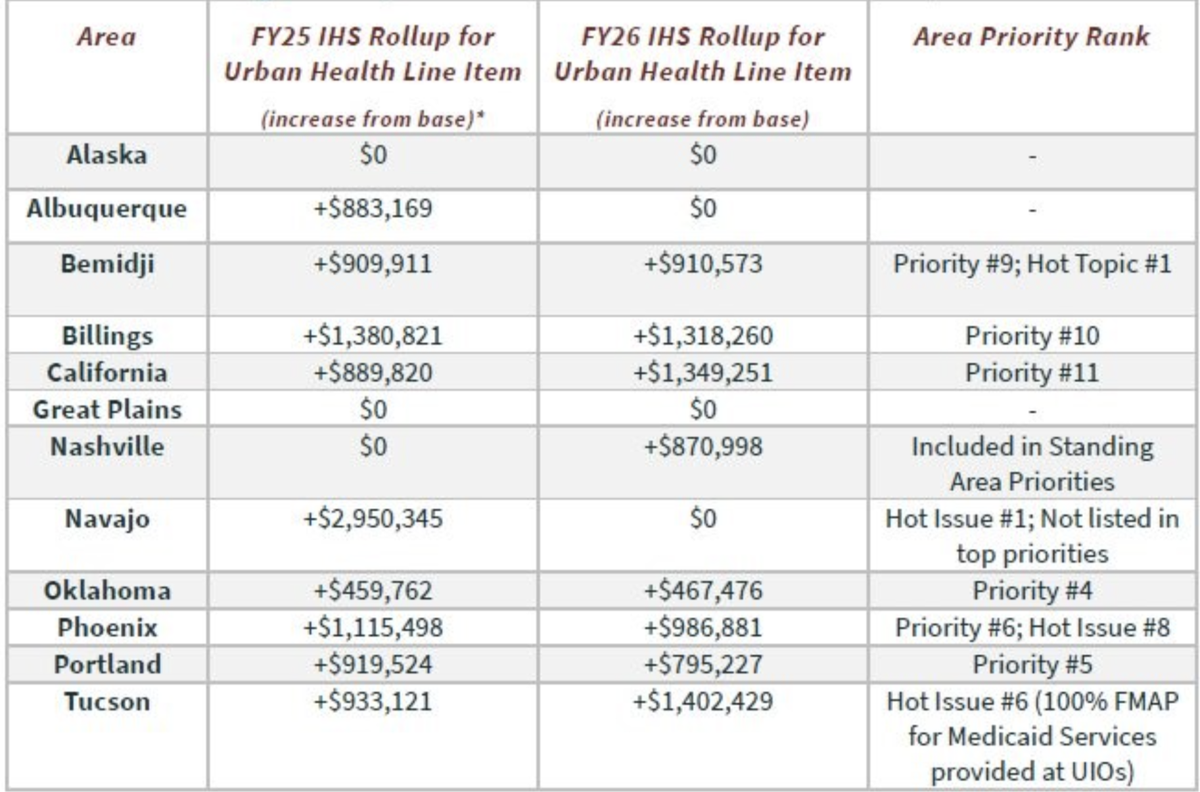
On October 16, NCUIH held a prep session with UIOs on the IHS FY 2027 Area Budget Consultations beginning in November.
Why Should UIOs Attend?
- Each Area submits its recommendation to the National Workgroup.
- We believe that your attendance at Budget Formulation is directly linked to the recommendations and rankings for each area.
- The average of all these amounts is used to calculate the Urban Line item.
- If you are unable to attend your Area Budget Consultation when it is announced, please contact NCUIH. You may be able to submit testimony and/or slides to ensure your UIO’s contribution to the Area.
Upcoming Area Budget Consultation Meeting Dates:
- California: 11/12/2024 (hybrid). Register here.
- Albuquerque: 11/13/2024 (virtual). Register here.
- Oklahoma City: 11/14/2024-11/15/2024 (hybrid). Register here.
- Phoenix: 11/19/2024-11/20/2024 (hybrid). Register here.
- Bemidji: 11/19/2024-11/20/2024 (in-person). More information here.
NOTE: We have not and occasionally do not get advance notice of when your Area Budget Consultations will take place. If you have received information for your Area already and you’re able to share with NCUIH, we would appreciate it. Please send any details to policy@ncuih.org.
Technical Assistance: If your UIO would like to schedule a one-on-one session with NCUIH to prepare for your respective Area budget consultation when it is scheduled, please don’t hesitate to reach out to policy@ncuih.org.
Appropriations Updates
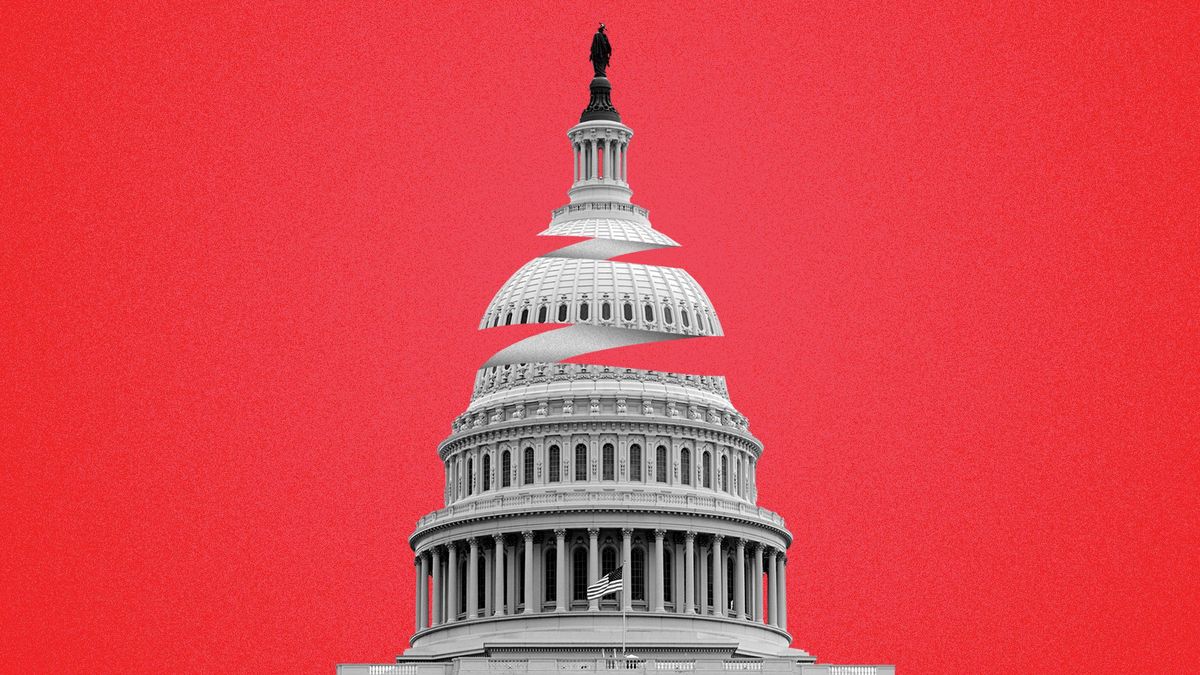
Fiscal Year 2025:
- We are currently in a Continuing Resolution (CR) which is set to expire on December 20, 2024.
- Congress is in recess and will not return until November 12. When Congress returns, they will be faced with the challenge of passing a full year spending bill before the CR deadline.
Take Action to Support Mandatory Funding for IHS CSCs and 105(l) leases:
NCUIH sent out an action alert urging advocates to contact Congress to support mandatory funding for IHS Contract Support Costs (CSCs) and 105(l) lease funding.
- Ways to advocate: Call or email your Representative using the template language provided in the action alert. Contact Congress.
- Why Participate: Shifting these costs to mandatory funding is important to avoid funding impacts for other IHS programs and will enable true increases in funding for essential services.
President Biden Formally Apologizes for Federal Government Involvement in Indian Boarding Schools
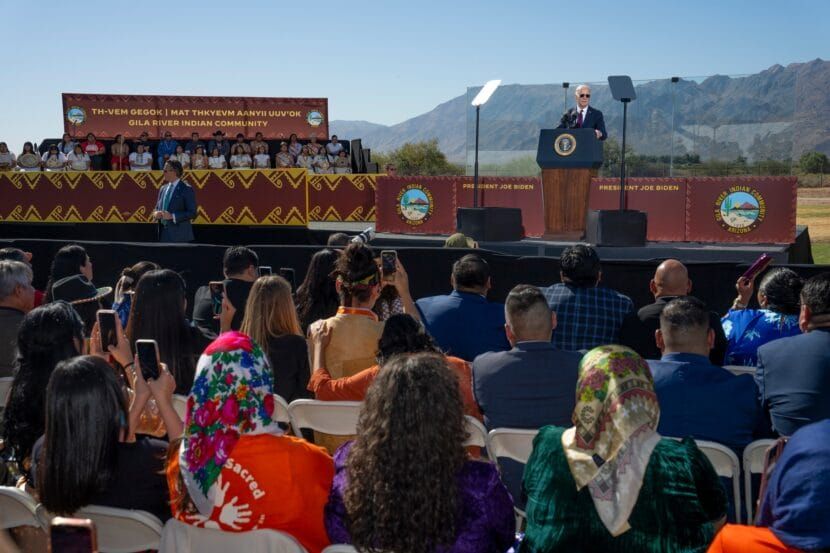
On October 28, President Joe Biden visited the Gila River Indian Reservation in Arizona to deliver a historic formal apology on behalf of the federal government for its 150-year policy of forcibly placing Native children in Indian Boarding Schools.
“For 150 years, the government attempted to wipe out our Native cultures by removing and relocating thousands of Native children to boarding schools. The President’s historic apology is a painful reminder of this country’s history and our community’s immense resilience,” said Francys Crevier, J.D. (Algonquin), CEO of NCUIH. “Congress needs to act now and pass the Truth and Healing Commission on Indian Boarding Schools Act, so we can learn from our past and make sure these wrongs are never repeated.”
Why it matters:
- President Biden’s apology follows the Department of Interior’s (DOI) investigative report, which confirms that at least 973 American Indian, Alaska Native, and Native Hawaiian children died while attending federally operated or supported schools and identifies at least 74 marked and unmarked burial sites at 65 different school grounds.
- This act of recognition can foster healing and reconciliation, which are crucial for improving mental and physical health. By validating the experiences of Indigenous peoples and addressing the traumas associated with these institutions, the apology may encourage increased access to health care resources, culturally competent care, and a greater focus on mental health support. Ultimately, such measures can help bridge the gap in health disparities and promote overall well-being within these communities.
Next Steps: Congress must swiftly pass the Truth and Healing Commission on Indian Boarding School Policies in the United States Act (S. 2907/H.R. 5444).
NCUIH Provides Key Recommendations on USDA Dietary Guidelines and HHS Proposed Healthy People 2030 Objectives

On October 1, NCUIH submitted comments to the United States Department of Agriculture (USDA) regarding its 2025-2030 Dietary Guidelines for America Dietary Guidelines for Americans as the 2025 Dietary Guidelines Advisory Committee (DGAC) conducts its scientific review process.
- Go deeper: NCUIH recommended that the DGAC incorporate research on Traditional Foods into the 2025-2030 Dietary Guidelines and engage with American Indian and Alaska Native communities through Tribal Consultation and Urban Confer.
On October 31, NCUIH submitted comments to the HHS Office of Disease Prevention and Health Promotion (ODPHP) on Proposed Healthy People (HP) 2030 Objectives
- Go deeper: NCUIH recommended that HHS ODPHP engaged with the AI/AN community through Tribal Consultation and Urban Confer, ensure the ODPHP is engaging with the HHS Secretary’s Tribal Advisory Committee, and ensure that an IHS representative is on each of the HP 2030 Objective Workgroups.
Upcoming Federal Agency Comment Opportunities
December 6 – Health and Human Services (HHS) Request for Information for the 2026-2030 National HIV/AIDS Strategy and the National Strategic Plans
- The HHS Office of Infectious Disease and HIV/AIDS Policy is seeking feedback on the development of the following:
- National HIV/AIDS Strategy for the United States: 2026-2030 (NHAS)
- Sexually Transmitted Infections National Strategic Plan for the United States: 2026-2030 (STI Plan)
- Vaccines National Strategic Plan for the United States: 2026-2030 (Vaccines Plan)
- Viral Hepatitis National Strategic Plan for the United States 2026-2030 (Viral Hepatitis Plan)
December 6 – IHS Tribal Consultation and Urban Confer on Health Information Technology (HIT) Modernization
- IHS will be hosting a joint Tribal Consultation and Urban Confer to discuss and get feedback on the HIT Modernization implementation process regarding site readiness and training.
December 16 – IHS Tribal Consultation and Urban Confer on the proposed reorganization of the IHS Headquarters Office of the Director
- IHS released a DTLL/DULL on Oct. 10 announcing that IHS will be hosting an Urban Confer on November 13 at 3:00 pm EST and a Tribal Consultation on November 14 at 2:00 pm EST. Register here.
- IHS is seeking feedback on the draft IHS Headquarters Office of the Director Organizational Chart that details the proposed Deputy Director for Intergovernmental Affairs (DDIGA) reorganization. This reorganization may have significant impacts on how UIOs engage with IHS and the broader system, and your input will be vital to ensure UIO priorities are heard.
- NCUIH will be hosting a prep session for UIOs on November 12 at 12:00 pm EST. Join the meeting here.
- The comment submission deadline is Monday, December 16, 2024.
December 16 – Social Security Administration (SSA) Tribal Consultation on SSA Call to Action Plan
- SSA is hosting a Tribal Consultation on November 14 and is seeking additional comments on the SSA Tribal Consultation Call to Action Plan that seeks to expand partnerships across federal agencies to UIOs
- One of the action plan’s key initiatives is: “Provide Tribal Consultation with Tribal Leaders and UIOs”
Legislative Updates: SDPI and 100% FMAP for UIOs
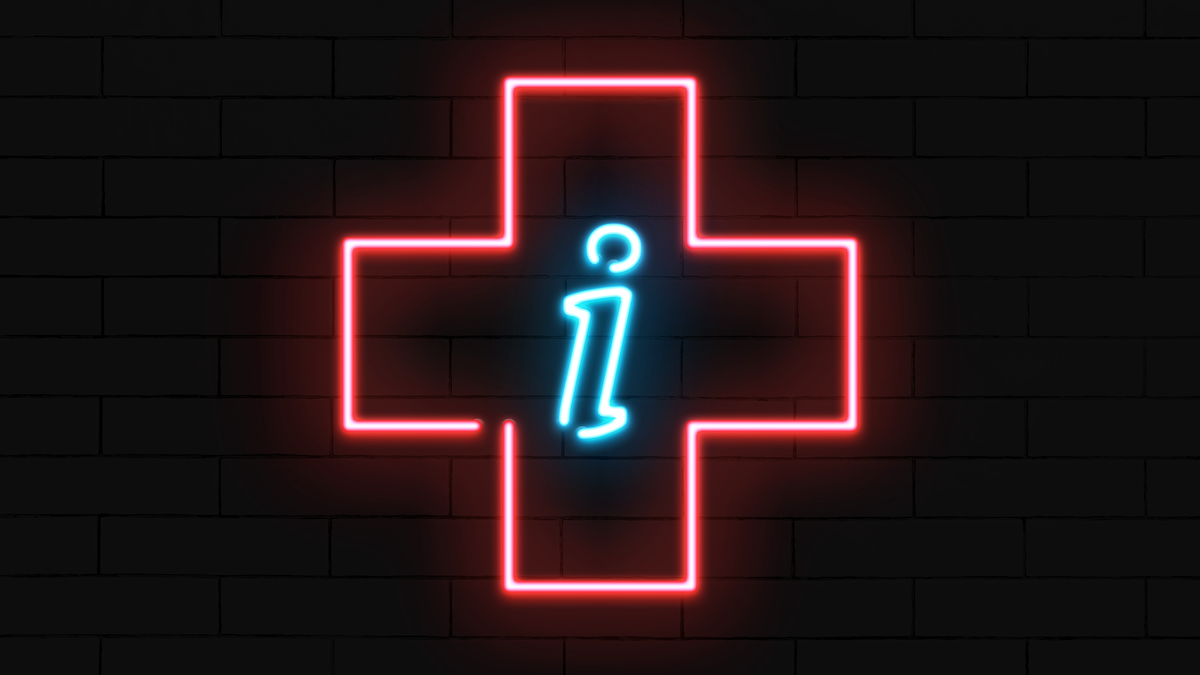
SDPI Updates: FY 2025 Reauthorization
Current Status:
- The Special Diabetes Program for Indians (SDPI) was reauthorized in the March 2024 Consolidated Appropriations Act through December 31, 2024.
- A Dear Colleague Letter is currently circulating through the U.S House of Representatives and U.S. Senate requesting Congressional Leadership prioritize reauthorizing SDPI in an end of year funding package. The letter does not include a specific amount request.
What UIOs Can Do:
- Take Action to Support Mandatory Funding for IHS CSCs and 105(l) leases:
- NCUIH sent out an action alert urging advocates to contact Congress to request they sign on to the Representative DeGette (D-CO-01) and Representative Bilirakis (R-FL-12) letter to House leadership.
- Ways to advocate: Call or email your Representative using the template language provided in the action alert.
FMAP Update:
Current Landscape and Strategy:
- NCUIH remains focused on having the Urban Indian Health Parity Act (H.R. 6533) included in any lame duck legislation.
What UIOs Can Do:
- If you would like to write a letter to/or meet with your Member of Congress to support this legislation, NCUIH is happy to help. Email policy@ncuih.org.
- We also are looking for Tribal letters of support. Please reach out to policy@ncuih.org if you know of any Tribes that would be willing to send a letter.
Recent Highlights: CMS Approves Medicaid Coverage for Traditional Healing Services in Four States, USDA Final Rule on Food Distribution Improves Access to Urban Native Communities
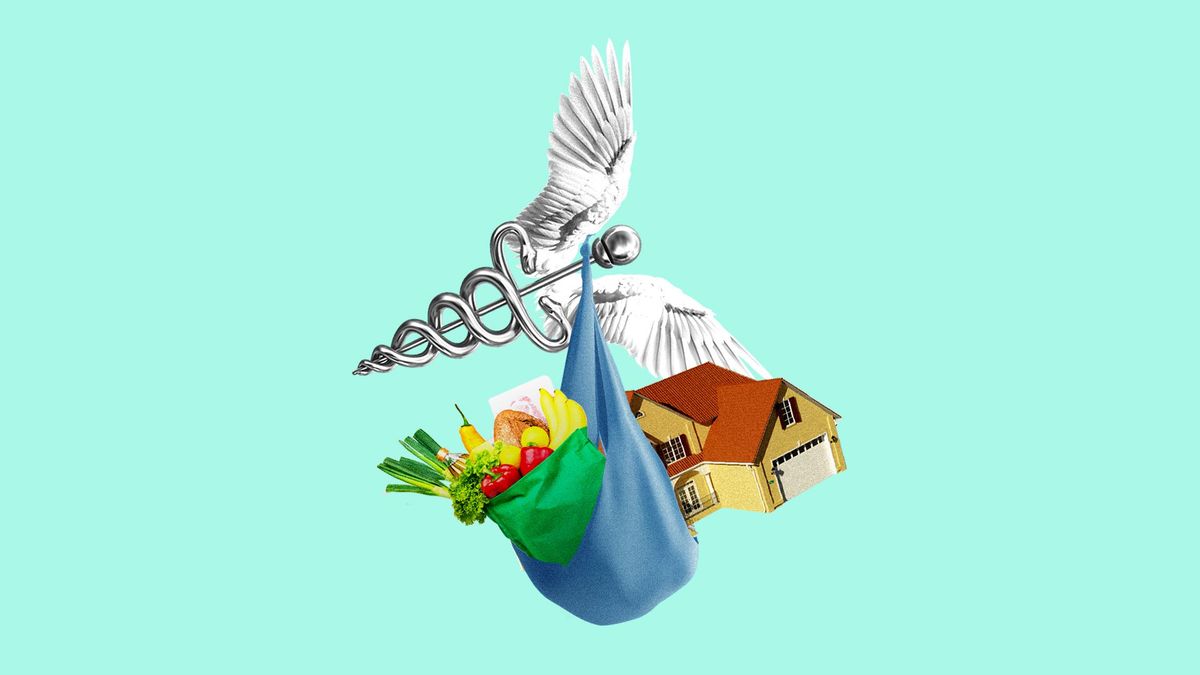
CMS Approves Medicaid Coverage for Traditional Healing Services
On October 16, CMS announced that they approved section 1115 demonstration amendments that allow, for the first time ever, Medicaid and Children’s Health Insurance Program (CHIP) coverage of traditional health care practices provided by IHS facilities, Tribal facilities, and UIOs in four states: California, Arizona, New Mexico, and Oregon.
Urban Indian Organizations and State-Specific Waivers:
- Arizona (AHCCCS): Traditional Healing is covered for IHS and Tribal facilities. UIOs are not explicitly included as covered facilities. However, Traditional health care practitioners or providers at UIOs contracting with an IHS or Tribal facility could be included.
- California (CalAIM): California will have expenditure authority to provide coverage for traditional health care practices received through IHS, Tribal, or UIO facilities by Medicaid and CHIP beneficiaries who are able to receive services delivered by or through these facilities. The state will initially provide this coverage only to beneficiaries eligible to participate in the Drug Medi-Cal Organized Delivery system. However, California will have authority to expand coverage to all Medicaid beneficiaries who receive services delivered by or through an IHS, Tribal, or UIO facility.
- New Mexico (Turquoise Care): The state will have expenditure authority to provide coverage for Traditional Healing practices received through IHS, Tribes, or UIO facilities.
- Oregon (OHP): Traditional health care practices received through IHS, Tribal, or UIO facilities will be covered when provided to a Medicaid or CHIP beneficiary who is able to receive services delivered by or through these qualifying providers. State expenditures for Traditional Healing delivered at UIOs will receive the applicable state service match.
USDA Publishes Final Rule on Food Distribution Programs: Improving Access and Parity
On October 31, the U.S. Department of Agriculture (USDA) Food and Nutrition Service (FNS) published a final rule revising the Food Distribution Program on Indian Reservations (FDPIR), removing the urban place requirement which “limits the operation of FDPIR in approved near areas and/or service areas that have a population of 10,0000 people or more.” NCUIH had previously submitted comments on October 13, 2023, in response to the agency’s request for comments.
Why it matters:
- Prior to this final rule, FDPIR regulations restricted any urban place outside of the reservation boundaries from receiving FDPIR services unless an Indian Tribal Organization (ITO) or State agency requests to serve the urban place with a justification.
- This final rule codifies the removal of references to urban places and the associated requirement that an FDPIR ITO or State Agency must provide justification to FNS to serve urban places off the reservation.
- By removing the urban place requirements and encouraging Tribal and state collaboration with urban areas, FNS can make significant steps toward eliminating food insecurity for urban American Indians and Alaska Natives. This change takes a significant step towards addressing food insecurity in these populations.
ICYMI: VA Announces Copayment Exemption for Almost 6000 Native Veterans, Recent Dear Tribal and Urban Leader Letters

Department of Veterans Affairs Announces Copayment Exemption for Almost 6000 Native Veterans
During the September 24-26 Department of Veterans Affairs (VA) Advisory Committee on Tribal and Indian Affairs (ACTIA) meeting, the VA provided an update on the agency’s copayment exemption for Native Veterans, which exempts eligible Native Veterans from copayments for health visits received on or after January 5, 2022.
By the numbers:
- Since implementing the copayment exemption, 5,968 Native Veterans have been approved for the copayment exemption.
- Total Copayments Exempted and/or Reimbursed: 234,173
- Total Dollar Amount of Copayments Exempted and/or Reimbursed: $4,136,044.40
Recent Dear Tribal and Urban Leader Letters (DTLL/DULL)
October 1 DTLL/DULL– IHS Director writes to Tribal Leaders and UIO Leaders to share information regarding the status of FY2025 appropriations for IHS.
- On September 25, 2024, Congress enacted the Continuing Appropriations and Extensions Act, 2024, that funds the federal government through December 20, 2024.
- The FY2025 Continuing Resolution does not impact the IHS advance appropriations as they were already appropriated in FY24 for FY25.
- IHS will have begun distributing FY25 advance appropriations to IHS programs, Tribal Health Programs, and Urban Indian Organizations.
- The activities that did not receive advance appropriations include health care and sanitation construction, EHR systems, and the Indian Health Care Improvement Fund.
- Contract Support Costs and Payments for Tribal Leases will be funded.
October 4 DTLL/DULL – IHS Director writes to Tribal leaders and UIO leaders to share the Director’s Year 2 Accomplishments Report.
-
The Report details the progress IHS has achieved in the past year. Highlights include:
– 65 DTLLs and DULLs
– 23 Tribal Consultations and Urban Confers
– Increasing access to care and services for Native Veterans experiencing or at risk of experiencing homelessness through efforts with VA and UIOs.
– The Native Project expanding plans for their youth center, freeing up room to provide wellness, behavioral and medical services at its existing health care clinic.
– Securing more naloxone for federal, Tribal, and urban sites struggling to meet the demand.
– Awarding $24.5 million in grants to 23 Tribal nations, Tribal organizations, and UIOs to develop and improve access to public health services.
– Announcing the award of an additional $1.19 million through six cooperative agreements to enhance Tribal and urban Indian health system local capacity to provide dementia care and services.
October 9 DTLL – IHS writes to Tribal leaders to provide updated Facility Master Plans and other identified health care facility needs to be considered for inclusion in the 2026 IHS and Tribal Health Care Facilities’ Needs Assessment Report to Congress.
-
The HHS Secretary is required to submit an updated report of IHS and Tribal health care facilities’ needs to Congress every 5 years. The next report is due in 2026. The report includes renovation and expansion needs of identified Tribes, Tribal Organizations, and IHS. IHS is requesting Tribal leaders’ assistance is identifying potential facility needs.
October 10 DTLL/DULL – SSA writes to Tribal leaders and UIO leaders to share updates on SSA’s activities and three opportunities that require registration. The three opportunities that require registration are:
- Rescheduled Virtual Tribal Consultation
- Free Virtual National Policy Training
- Free Virtual Discussion for Services for Tribal Communities
NCUIH in Action
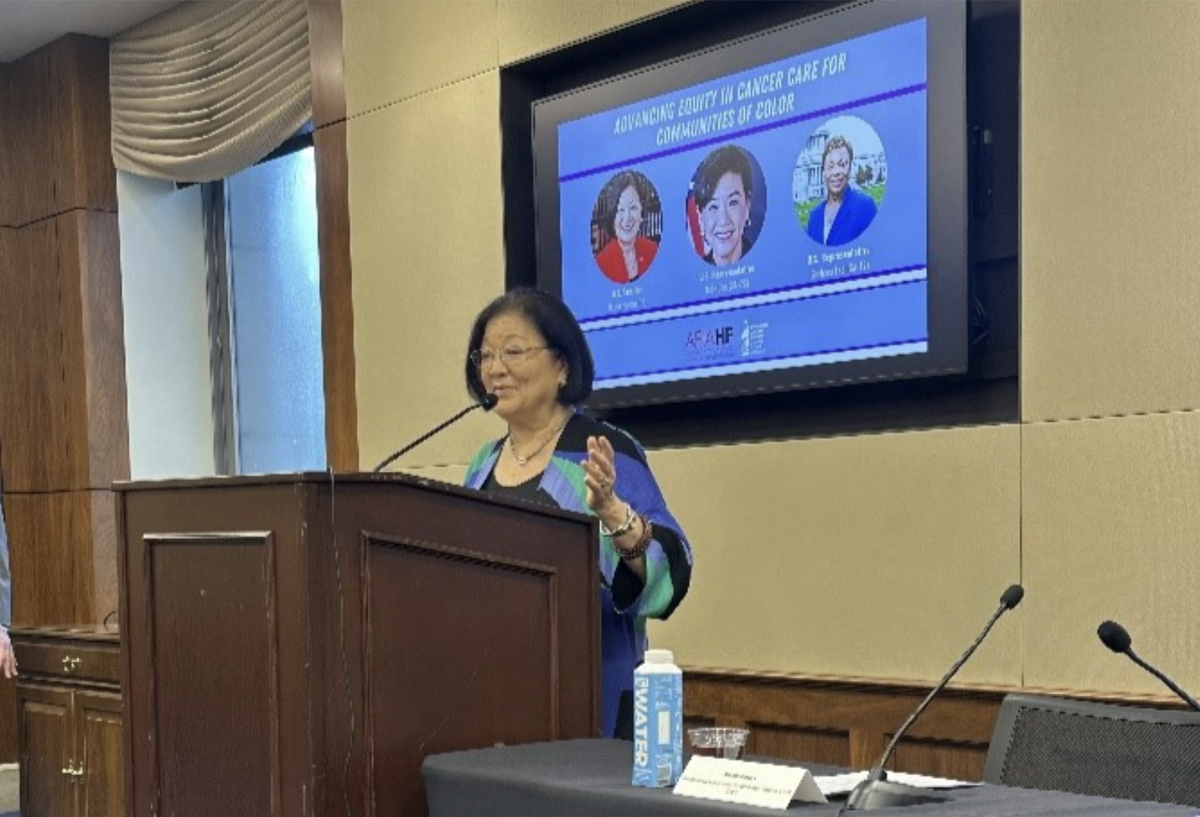
Mazie K.Hirono, Senator from Hawaii presents at American Cancer Society Cancer Action Network
Sept. 27 – NCUIH represented UIOs at a Lunch and Learn about the introduction of American Cancer Society Cancer Action Network and Senator Hirono’s Health Equity and Accountability Act.
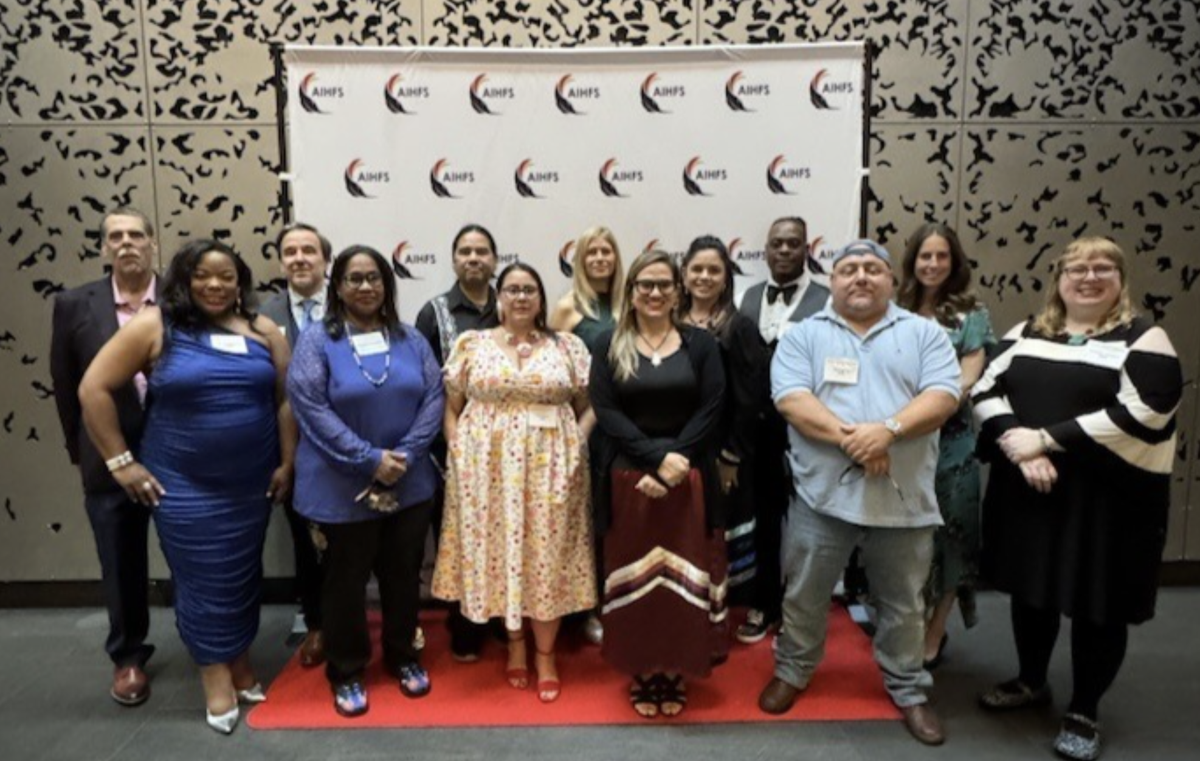
NCUIH CEO, Francys Crevier at American Indian Health and Family Service Gala
Oct. 4 – NCUIH CEO, Francys Crevier, was a keynote speaker at the 3rd Annual American Indian Health and Family Services Charity Gala in Detroit, focusing on expanding health care access for Native and underserved urban communities.
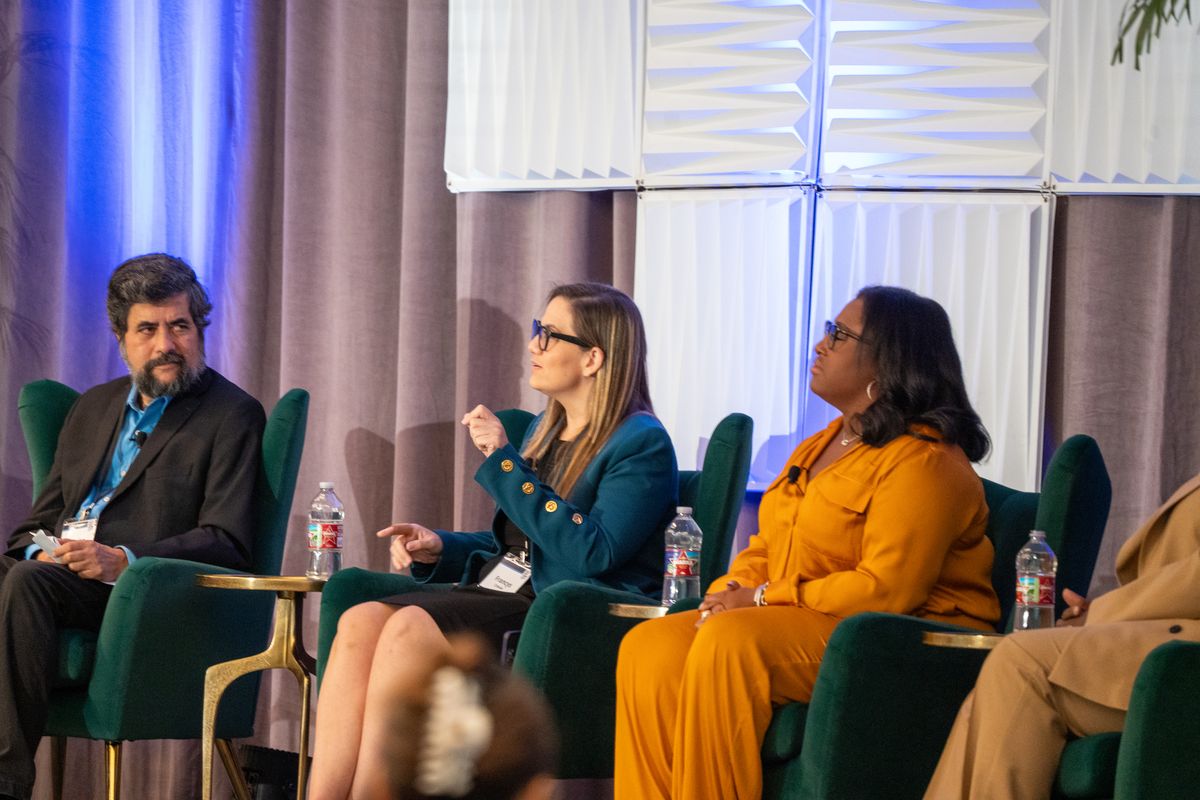
NCUIH CEO, Francys Crevier, J.D. (Algonquin)
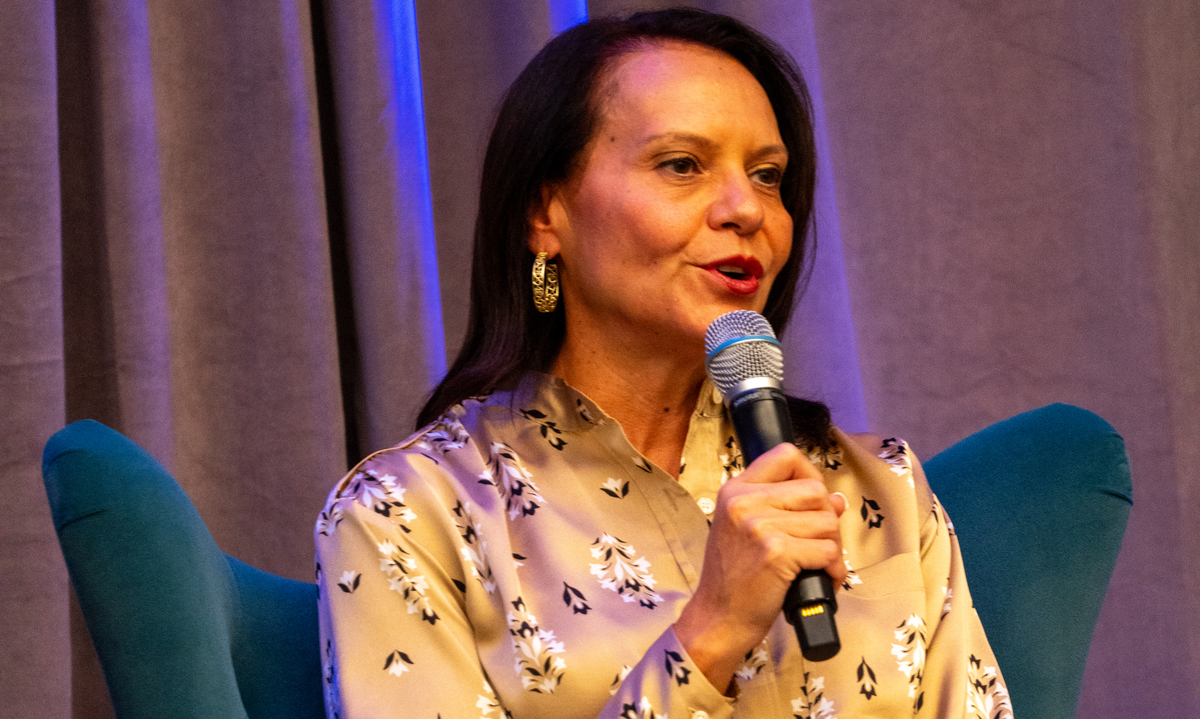
NCUIH President-Elect Robyn Sunday Allen (Cherokee)
On Oct. 24, NCUIH President-Elect Robyn Sunday Allen (Cherokee), NCUIH CEO Francys Crevier (Algonquin), and NCUIH Vice-President of Policy and Communications Meredith Raimondi joined panel discussions at the Pfizer Health Equity in Action Summit and are continuing the conversation on health equity for Urban Indians.
Upcoming Events and Important Dates

Oct. 27-Nov. 1 – National Congress of American Indians Annual Marketplace and Convention in Las Vegas, NV.
Nov. 5 (Election Day) – Medicare, Medicaid, and Health Reform Policy Committee (MMPC) Face-to-Face Meeting.
Nov. 6-7 – CMS Tribal Technical Advisory Group (TTAG) Face-to-Face Meeting in Washington, D.C.
Nov. 7 – IHS Hybrid Joint Tribal Consultation and Urban Confer on HIT Modernization Site Readiness and Training. Register here.
Nov. 12 – NCUIH Urban Confer Prep Session for UIOs on Proposed Reorganization of the IHS HQ Office of the Director. Join the meeting here.
Nov. 13 – IHS Virtual Urban Confer Session on Proposed Reorganization of IHS HQ Office of the Director. Register here.
Nov. 14 – SSA Tribal Consultation Call to Action Plan.
One Last Thing: NIHB MMPC Membership is Open, RFI on UIO Medical-Legal Partnerships

NIHB MMPC Membership is Open
What is the Medicare, Medicaid, and Health Reform Policy Committee (MMPC)?
- Standing committee of the National Indian Health Board (NIHB) and is chaired by a member of the NIHB Board of Directors.
- IHS provides funding support for MMPC.
- Develops recommendations to CMS for the benefit of the IHS/Tribal/Urban system.
- Provides technical support to the CMS Tribal Technical Advisory Group (TTAG)
- The MMPC has monthly virtual and triannual face-to-face meetings. These meetings are usually held a day ahead of the CMS TTAG meetings.
MMPC Membership:
- Membership in MMPC is open to individuals authorized to represent a Tribe, Tribal Organization, Urban Indian Program, or the IHS (known collectively as the “I/T/U”).
- Sign up to join here.
Medical-Legal Partnerships (MLPs)
About MLPs:
- Medical-legal partnerships integrate the unique expertise of lawyers into health care settings to help clinicians, case managers, and social workers address structural problems at the root of so many health inequities.
Questions to consider:
- Is your UIO connected to Medical-Legal Partnership (MLP) or engaging in screening and referrals for legal services?
- Is your UIO interested in being a MLP grantee?
Reach out to policy@ncuih.org for more information on MLP.


